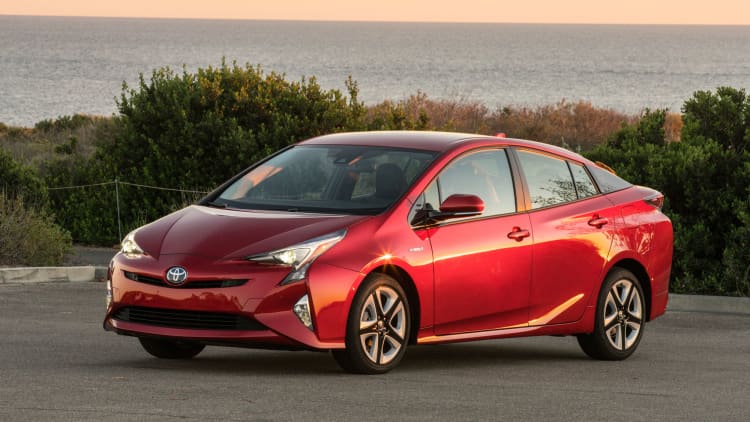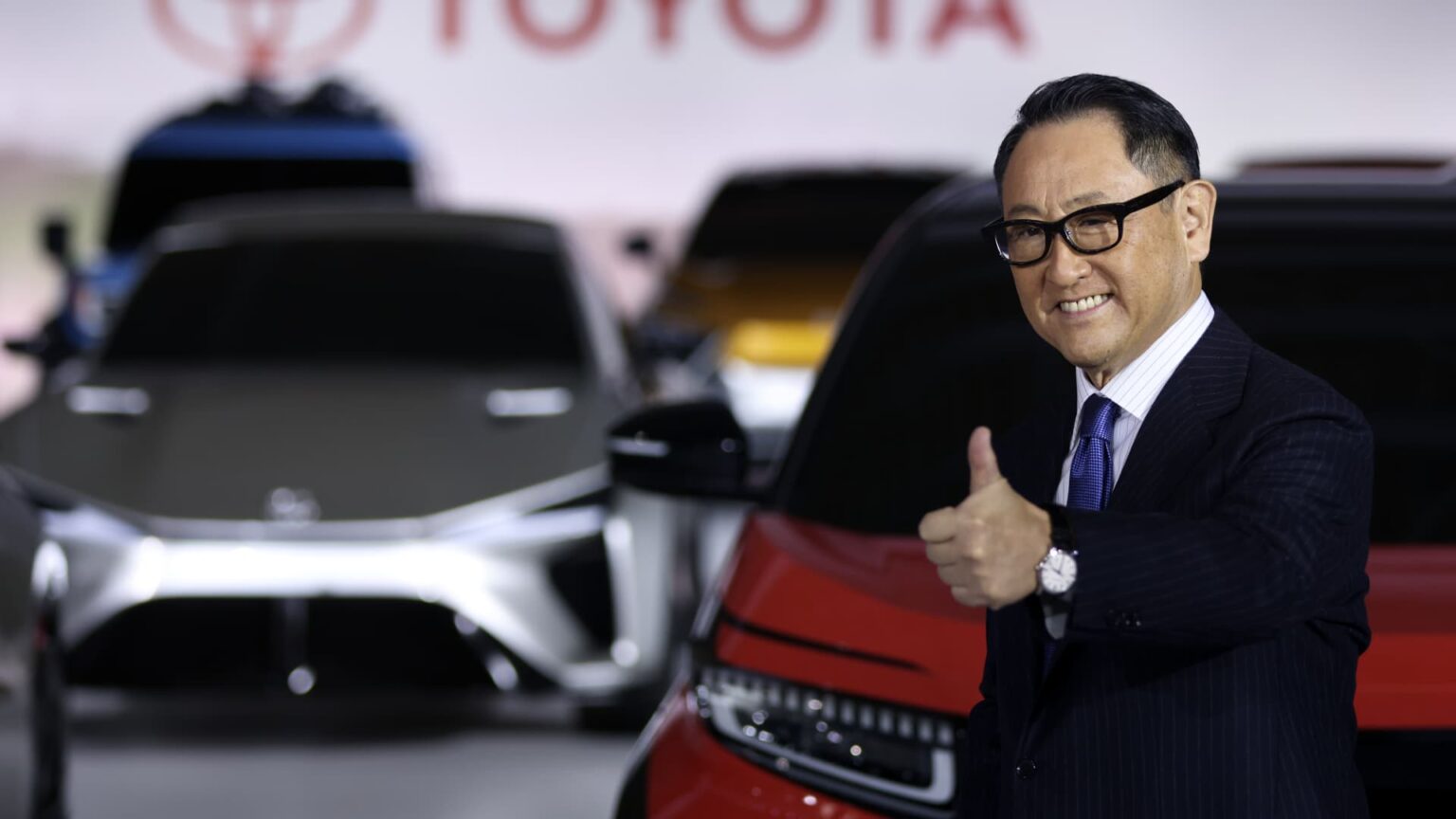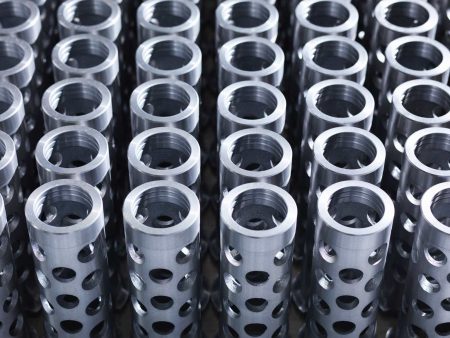DETROIT – Toyota Motor stock sealed its best week since 2009 on Friday, as the automaker laid out a robust plan for future all-electric vehicles and company scion Akio Toyoda became leader of the Japanese company’s board.
Shares of Toyota on the New York Stock Exchange closed Friday at $164.35 per share, down 2.3% for the day but still up 10.6% on the week. That 5-day gain is the stock’s best week since April 2009 when shares increased 14.5%.
Such a rally is not typical for the stock. It’s only the third double-digit weekly gain in more than two decades for the relatively well-performing but mundane stock. Shares of the company are up 20% so far in 2023.
The positive uptick this year comes as recent supply chain problems ease for the automotive industry, including Toyota, and after Toyoda, grandson of the company’s founder, announced plans to transition from CEO to chairman after more than 13 years leading the automaker.
Toyoda, who left his post as chief executive on April 1 and was succeeded by Koji Sato, had faced criticism from some environmental groups and investors for not going all-in on EVs and continuing production of hybrids and plug-in hybrids such as the Prius and Prius Prime.
Toyota’s stock in 2023.
Toyota executives, while increasing investments in EVs, have argued such cars and trucks are one solution, not the solution, to meet tightening global emissions standards and achieve carbon neutrality.
To address skeptics of its strategy, the automaker this week in Japan offered a rare peek behind the curtain into its future plans.
“Management has only rarely announced the details of technology under development in the past, and we sensed commitment to ensuring competitive strength via electrification and intellectualization under the new management team,” JPMorgan analyst Akira Kishimoto said in an investor note this week.
Ahead of its annual meeting Wednesday, Toyota outlined plans for a new generation of EVs to rival industry leaders Tesla and China-based BYD. The company said it plans to launch its next-generation EVs starting in 2026, including vehicles with highly touted “solid-state batteries” by 2027 or 2028.

Solid-state batteries can be lighter, with greater energy density and provide more range at a lower cost than today’s EVs that run on lithium-ion batteries.
Takero Kato, president of Toyota’s battery electric vehicle factory, said that Toyota is targeting a driving range of 1,000 kilometers, or 620 miles, for its EVs. The facility aims to produce about 1.7 million vehicles by 2030, he said.
“A strategic focus on differentiation (in terms of technologies and business model) rather than scale in 2025-30 and the company’s strong ability to develop technologies toward this end are longer-term positives, in our view,” UBS analyst Kohei Takahashi said Tuesday in an investor note.
Following the announcements, Toyota shareholders on Wednesday approval the company’s new leadership and rejected a shareholder proposal requiring Toyota to review its climate-related lobbying activities — voting in alignment with company recommendations.
— CNBC’s Michael Bloom and Lim Hui Jie contributed to this report.
Read the full article here













